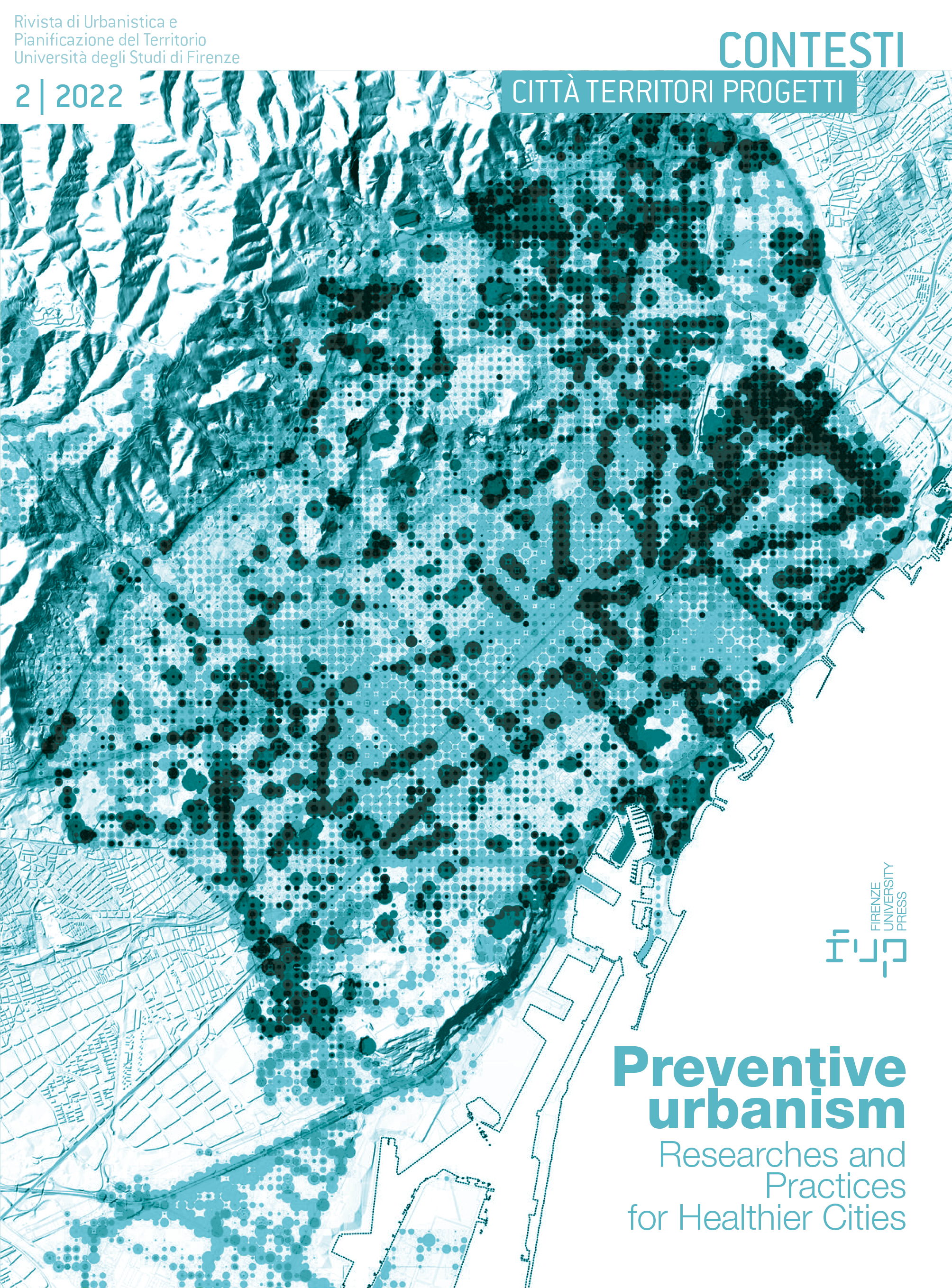Published 2022-12-31
Keywords
- policy instruments,
- urban governance,
- housing transformation,
- mass housing estate,
- sustainable practices
How to Cite
Abstract
Mass housing estates were initially conceived to provide healthier living conditions to a wider part of society, however a revision of the wellbeing conditions of their inhabitants proved that these expectations were not necessarily fulfilled (Gifford 2007). The demolition trend of these housing estates that has taken place since the 70s, intensified in contexts such as France in the early 2000s or the UK, has also proved to be harmful to the mental health of the displaced community (Lees 2008). For that reason, the transformation of mass housing estates, opens a new way for improving the health of the residents while at the same time meeting current environmental goals.The aim of this paper is to conceptualise the effects that the mass housing buildings may have in the governance of the transformation program of a mass housing complex. In order to do so, this paper explores the regeneration program of Corviale, a mass housing building in the outskirts of Rome whose design characteristics add an additional challenge to the governance of its regeneration program. The paper draws on Lascoume Le Gales framework for policy instruments analysis in order to conceptualise the role of built form as a policy instrument. Through this methodology, the paper seeks to contribute to bridging the gap between the studies that focus on the failure of mass housing neighbourhoods as an architectural misconception, and those who study it as a governance problem.


